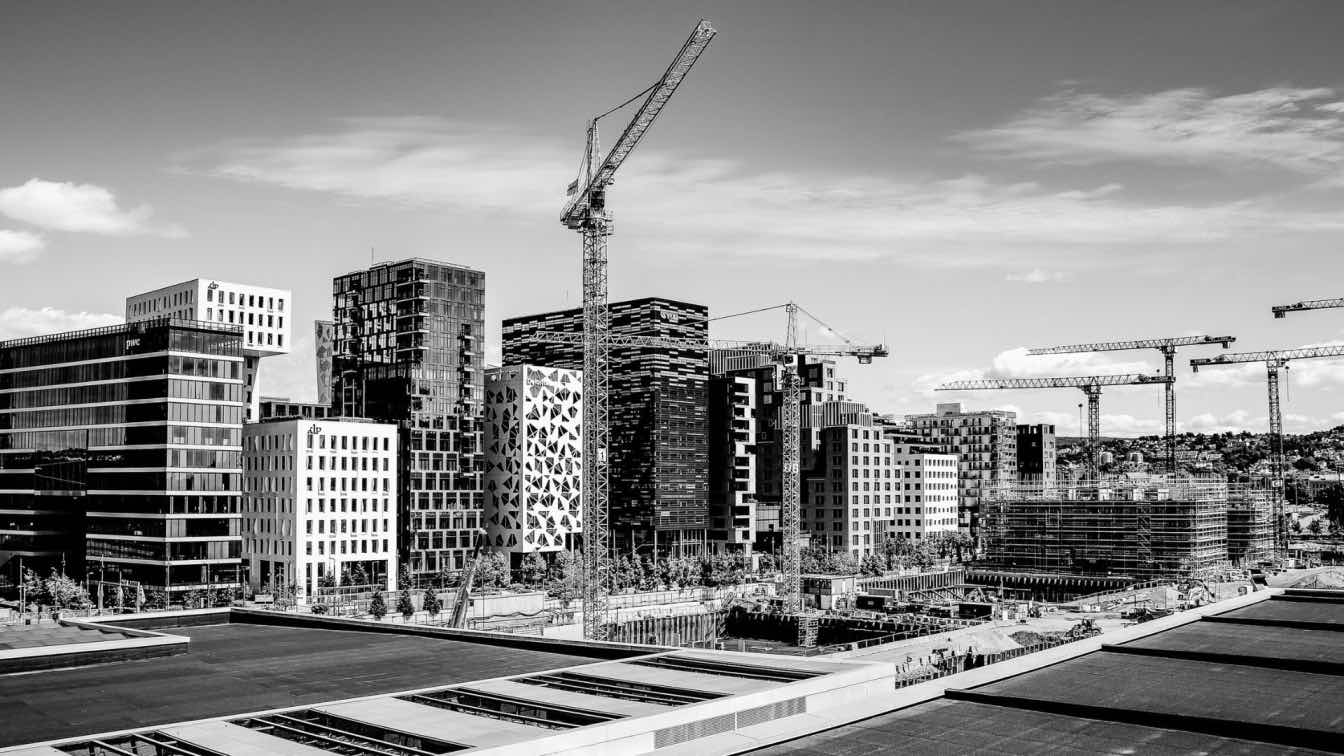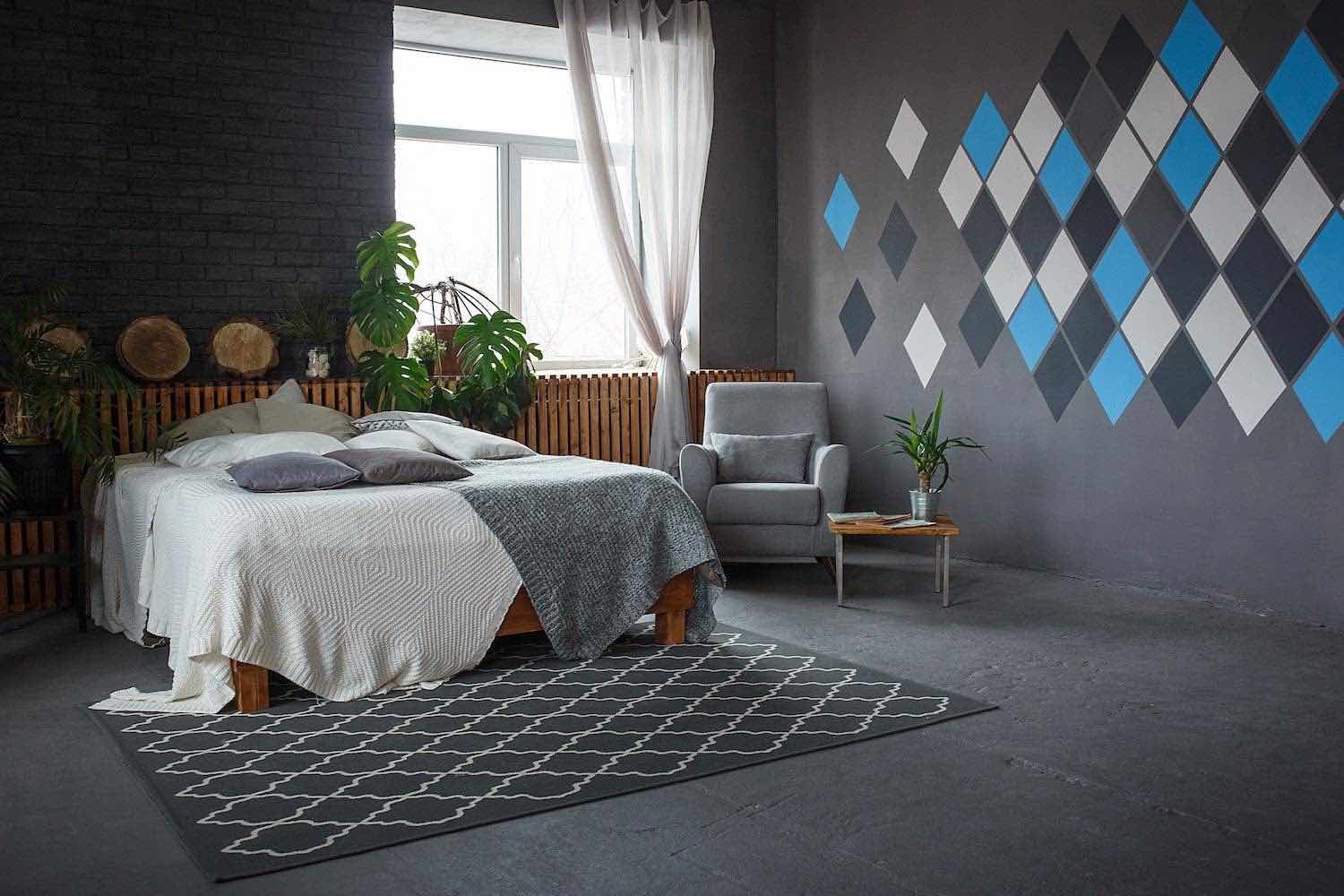Just as bones hold a body together, the materials you use for constructing buildings serve the same purpose. A variety of materials can be used for specific projects. The needs can vary depending on whether it's a public or private property. The aesthetics and costs also come into play.
While choices are abundant, you must be discerning when choosing suitable materials. The right selection can extend the lifetime of the property you’re working on.
What Should You Be on the Lookout For?
A structure can be strong and sound with suitable materials. As mentioned, different projects require specific materials. But regardless of the property you are working on, it’s always best not to cut corners. Instead, you should choose the best quality materials available to you.
But what exactly should you be looking for? Here are some factors you should consider:
Strength
Assessing the strength of a material is crucial. Can it withstand different types of pressure, such as compression and tension? Sturdy materials are undoubtedly pricier, but it pays to invest in them.
Cheaper alternatives can save you money but might also be susceptible to damage after a while. The structural integrity of your building is wholly dependent on your choice of foundational construction materials.
Cost
Prices of construction materials depend on their quality. While it seems better to choose cost-efficient options, you have to consider whether cutting corners is worth it. Keep in mind that the quality of the material affects its lifespan.
Since some cheaper materials are not up to par, they could eventually cost you repairs or replacements. If saving money is one of your priorities during construction, choose materials that are still good quality but stay within your budget limit.
Durability
Construction materials react differently when exposed to the elements. While some are designed to resist corrosion and moisture, others deteriorate quickly. When you select materials, remember to keep the site's weather conditions in mind.
A material’s adaptability to changing climatic conditions should always be considered. After all, you want to keep maintenance and repair costs minimal over time.
Sustainability
Most construction projects often leave behind significant carbon emissions. To counter this, organizations like the World Green Building Council are pushing for the construction of eco-friendly developments.
Sustainability is favorable since some building standards implement requirements concerning the carbon footprint. To align with these rules, you should consider choosing recyclable materials.
Aesthetic appeal
When overseeing a development, you want to ensure it’s visually pleasing. That is why selecting materials that meet your needs and suit your tastes is necessary. A functional building that lacks appeal would have a different impact than one that offers both.
People have varying preferences, and what seems attractive to some might not be the same for others. Whether you’re developing a new building or renovating an existing one, you need to work closely with contractors to ensure that the chosen materials are to your liking.
7 Common Building Construction Materials
There's plenty of materials in the construction industry. Each one serves a different purpose and is suitable for specific properties. Since we’ve established the factors to consider, let’s discuss the materials best for constructing buildings.
Steel
Steel is highly sturdy and resistant. This material is made from carbon and iron, making it unsusceptible to most damage, such as oxidation and corrosion. Although heavy, steel is an optimum choice for constructing large industrial buildings and modern properties.
Buildings made of metal, such as garages or recreational facilities, often use steel because of its strength and durability. If you plan to construct a custom metal building, you can benefit from collaborating with a reliable manufacturer. They will assist you throughout the project until you complete your vision.
Concrete
Concrete is known for its durability, strength, and fire resistance. A mix of fine and coarse aggregate bound by cement and water, concrete is relatively versatile and inexpensive. Most project planners and contractors choose this material because it’s cost-efficient and effective.
The choice of concrete varies depending on the project. Some will require lightweight concrete, while others will need waterproof concrete. Most projects that use this material include foundations, residential and commercial properties, and bridges.
Cement
Cement is an essential construction material. It’s often used with other materials, acting as a binder. When mixed with sand, it turns into mortar, which binds stones and bricks. When mixed with gravel, it becomes concrete.
Although you don’t usually use it on its own, cement is an indispensable material for construction. It’s undoubtedly one of the elements that ensure the longevity of a structure.
Stone
Stone has been widely used as a construction material for years. The majority of historical buildings in the world were made of stone. A natural material, it can be used for floorings, walls, and decorations.
On top of being aesthetically pleasing, notably with its rustic appeal, this construction material is also durable. Stone can withstand harsh elements, making it one of the most long-lasting materials on the list. It also comes in different finish textures and colors, showcasing its versatility.
Wood
Wood is another natural material that has been used since historic times. Durable, strong, and cost-efficient, it’s a material that is readily available. It is also an eco-friendly and sustainable material. Its ability to be molded and bent to various styles shows its versatility.
Residential and commercial buildings often use wood since it has a visually pleasing aesthetic. You can use it for flooring, construction, and furniture.
Brick
Alongside stone and wood, brick is a construction material that has been around for millennia. People use it for walls, structures, and other masonry work. Although they have a high compression resistance, they can break easily, which might not make them suitable for some projects.
Bricks are fire-resistant and can be economical. When reinforced with concrete, they can be used for multi-story buildings. Since it’s versatile, bricks can work seamlessly with various architectural styles.
Block
Blocks can be considered a modern take on bricks. They are made from concrete or clay and are often reinforced with steel. Blocks come in different sizes, depending on the needs of the project you’re working on.
This material is known for its stability and strength. It’s also relatively easy to install, thus making it a good choice for many types of buildings. Many use blocks to construct walls and other structural parts.
Understanding the properties of various construction materials can help you plan and build a structurally sound and robust property. From defining the needs that are unique to your project to selecting the most suitable materials, you can use this information to guide you. It’s also best to consult a professional to achieve your goals and ensure the construction project’s success.





